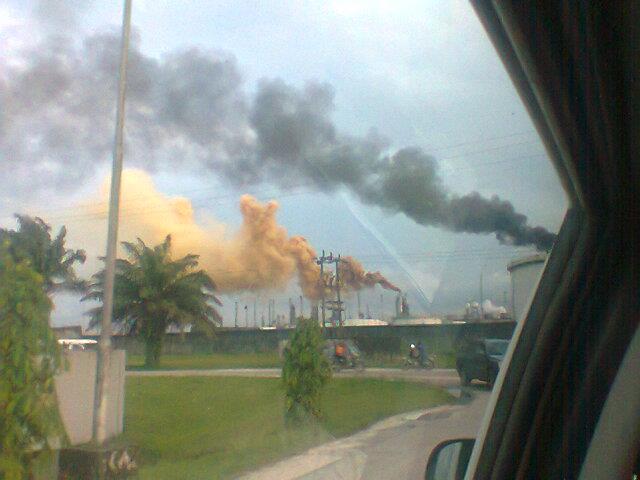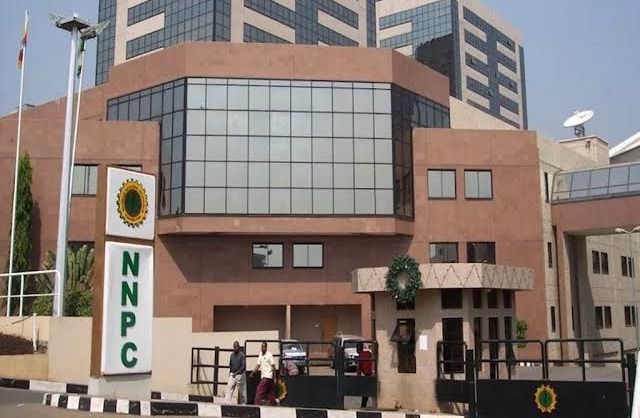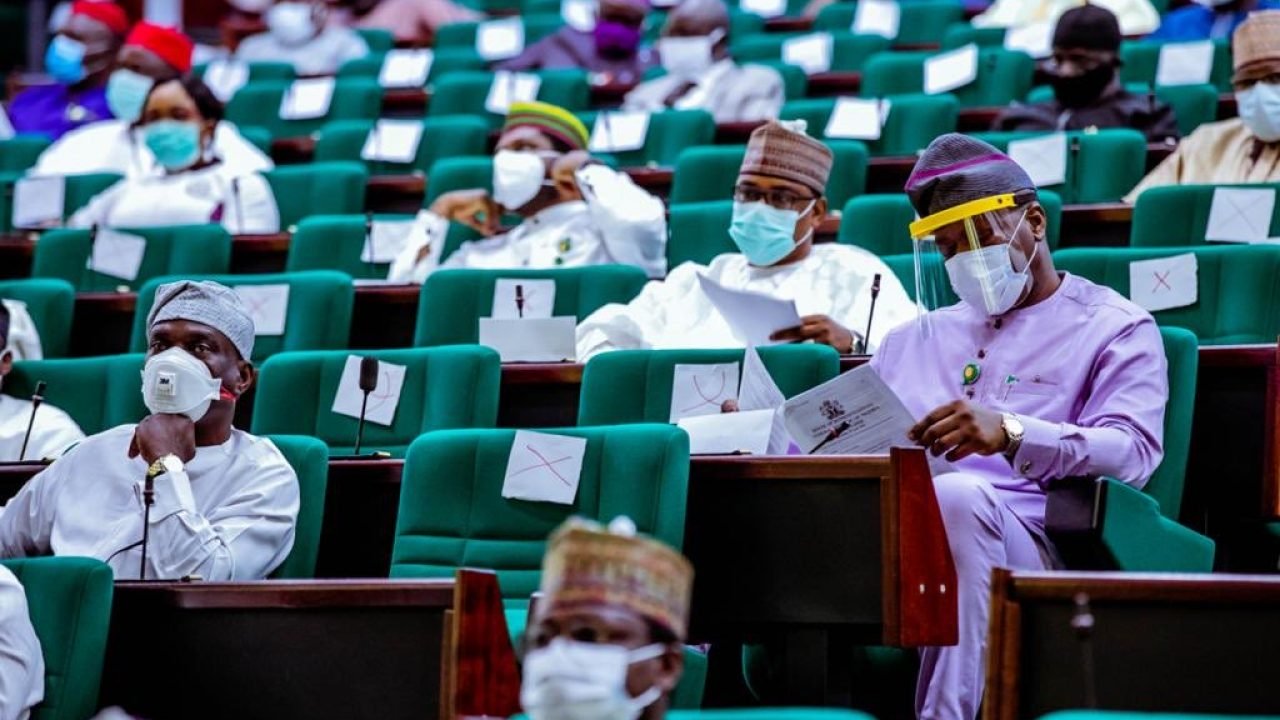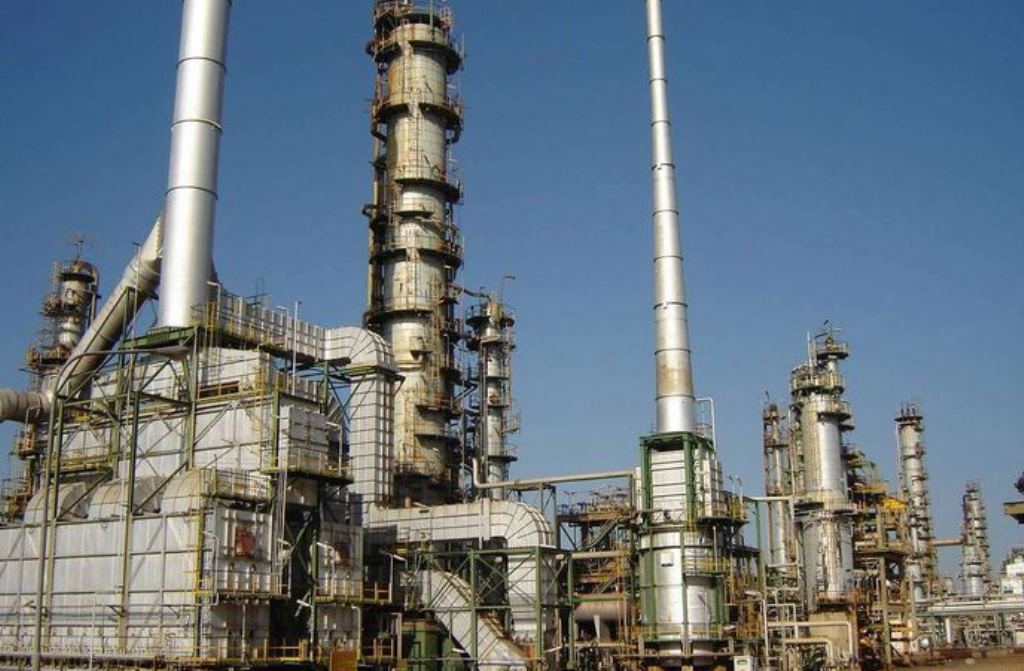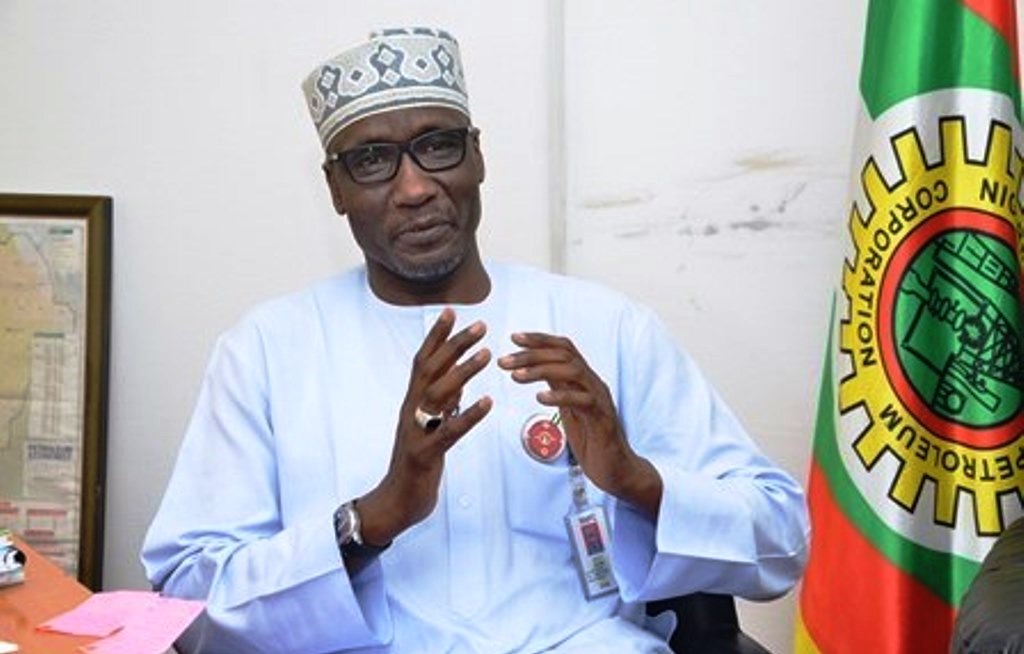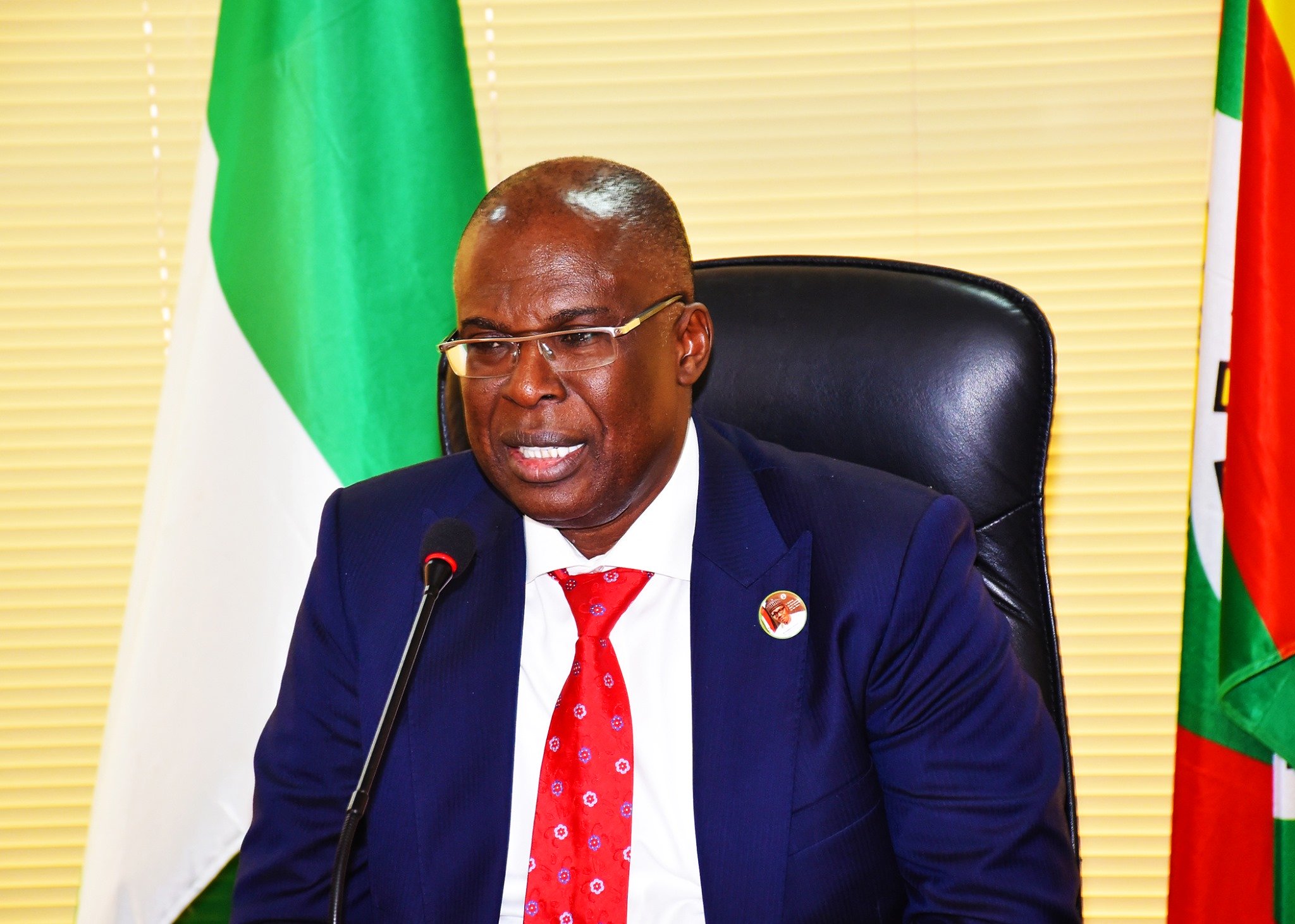The Nigerian National Petroleum Corporation (NNPC) has said a whopping $10 billion is needed to build a new refinery in the country, far beyond the $1.5 billion earmarked for the rehabilitation of the Port Harcourt refinery.
TheNewsGuru.com (TNG) reports Mele Kyari, NNPC Group Managing Director, disclosed this on Monday in Abuja while engaging newsmen on issues emanating from the proposed rehabilitation of the Port Harcourt refinery approved by the Federal Government last week.
Kyari further elaborated on the sum, stressing that to construct a refinery the size and nature of the Port Harcourt refinery in the country, it will cost the federal government around 7 billion dollars and 12 billion dollars.
He, however, stressed the country does not have the financial muscle now to build a new refinery going by the economic situation of the country.
He also said that the country would have to live with importation of petroleum product, especially Premium Motor Spirit (PMS), for another four years if the country ventures into building a new refinery.
“We have people saying why not build a new one; why will you repair an old refinery with 1.5 billion dollars? The fact is available even by Google search, what it takes to build a refinery of this status today.
“It will be difficult for the country to build a new refinery as it will take four years for it to commence production. It is around 7 billion dollars and 12 billion dollars to construct a refinery of this nature (Port Harcourt refinery).
“This is the estimate you see in public space and there are things you do outside the construction battle-limits like the utilities that are never accounted for when estimates of this nature are done.
“Typically, there is an additional 25 per cent cost for construction battle-limits, so, when you say a refinery can be built at 7 billion dollars or even 10 billion dollars, also think of that 25 per cent.
“With today’s estimate, you cannot build a refinery at any cost below these amounts, that means that the option you have is to scrap this and build a new one, and we all know that we don’t have that resource.
“If we start a new refinery of this nature today, it can’t work in less than four years, therefore, it means we will continue to import petroleum products in the next four years or more,” Kyari said.
According to him, the country did not do well in maintaining the refineries in the past 25 years as the last turnaround maintenance of the Port Harcourt refinery happened 21 years ago.
He noted that the huge cost of rehabilitation of the refinery witnessed in this present time was as a result of poor maintenance of the plant over a period of time
“What we are seeing today is the cumulative effect of our lack of doing proper maintenance over a period of time but something has changed today and this is why we are proud to tell Nigerians that we have done something different in the background.
“This is because we have a government that allowed us to play our role without interference in terms of our procurement exercises and this made the process go unhindered.
“This has also allowed us to involve every stakeholder including NUPENG and NEITI, to ensure openness and accountability of the process,” Kyari said.
We are doing rehabilitation, not turnaround maintenance – NNPC
Meanwhile, on Monday also, elaborating on the Port Harcourt refinery, Kyari explained that the 1.5 billion dollars approved for the refinery was for complete rehabilitation and not turnaround maintenance.
Kyari said that the refinery would work in optimal capacity at the completion of rehabilitation programme.
“We are not doing turnaround maintenance, we are doing rehabilitation of the refinery, and it is very different; it means that we are replacing certain major components.
“We are introducing some items that ordinarily we won’t need to do in turnaround maintenance and there are major shift in the status of the plant that we have to do and it is not done during turnaround maintenance.
“During rehabilitation, by the 18th month, part of this plant will begin to produce particularly the gasoline plants.
“In rehabilitation, we normally don’t shut down the plant completely, we repair a segment of it, and then it starts working, and then, you move to the next segment.
“You continue to scale up and that is why, within the four-year period, the contractor would have completely left your premises.
“What it means in a technical sense is that in 18 months, we will see production coming from that plant; we will follow it plant by plant until we are completely done,” Kyari said.
The NNPC GMD also said that the process of rehabilitation started about 10 years ago but was slowed down due to a number of mistakes that occurred along the line.
He, however, noted that an Italian company had been contracted for the job with one billion dollars financing arrangement from the Afreximbank.
“This process started 10 years ago and a number of mistakes happened leading to the enormous delay we have seen in this process because there were a lot of interferences in the past but these are gone.
“Initially, we thought that the best way to go was to go to the original builder but it wasn’t the right strategy.
“Another way of making this project work was the introduction of borrowing for the repair work because when you borrow, the lenders will put conditions and one of the conditions is that it should be maintained under ‘own and earn’.
“This means that the NNPC will not operate this plant as a basic requirement of the financing institution. The financing partner will ensure that the contractor will work efficiently.
“Importantly is that the contractor O&M gave a guarantee that the facility will operate for the duration of the loan and the fact the project will be done under a financing structure supported by Afreximbank.
“The bank has promised a 500 million dollars loan in the first instance and additional 500 million dollars making it one billion dollars and the condition is for the loans to be repaid from the operations and proceeds of this plant,” Kyari added.
He expressed optimism that the refinery would work optimally for the next 15 years after the rehabilitation.
